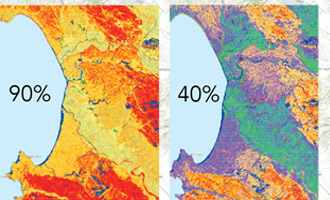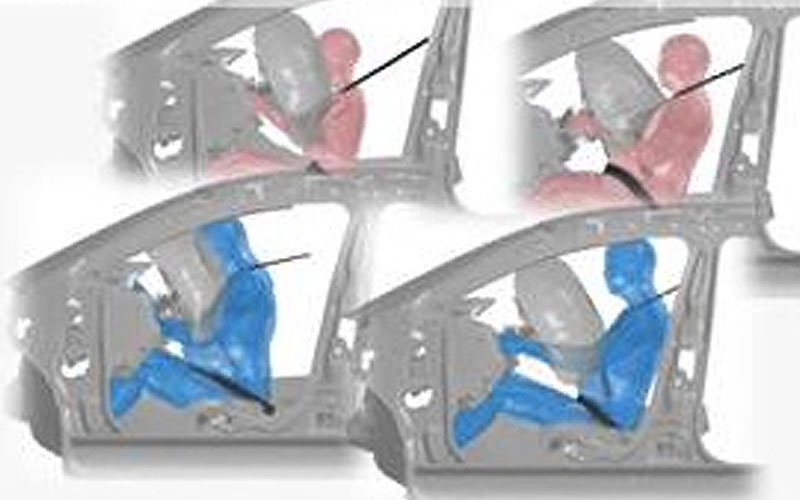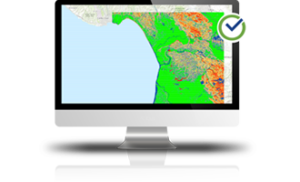



Uncertainty Quantification (UQ) is the science of quantifying variability and determining how likely certain outcomes will occur. UQ, as related to computer simulations, usually involves taking into account the variability of the input parameters to simulation models. It can quickly become computationally expensive to evaluate all of these desired scenarios. Thus, many times a surrogate model (efficient substitute math model) is constructed to approximate the actual simulation model.
RAMDO UQ Key Features
RAMDO UQ is used to help computer simulations take into account the variability of input variables and then generate the simulation output as a statistical distribution.
This is important for two reasons:
1. Running simulations without taking this variability into account often produces unreliable and suboptimal solutions.
2. Showing the output as a statistical distribution provides users greater insights by predicting the probability of each of the simulations outcomes. RAMDO UQ also helps you efficiently and cost effectively evaluate all of your desired scenarios by using surrogate modeling.
Surrogate models are mathematic models used to approximate actual simulation models. These surrogates are used as a substitute for having to run expensive simulation runs. Key to RAMDO UQ’s advantages, is its ability to create very efficient and highly accurate surrogate models.

RAMDO UQ was used in conjunction with terramechanics (soil and ground interaction) simulations to create accurate and reliable “Predictive Mobility Maps” for use by military off-road vehicle mobility. Previously used maps could not account for soil and elevation variations and were highly unreliable.

RAMDO UQ was used in conjunction with vehicle crash simulation to predict human populations most at risk for injury. Previous models were only able to account for the average size male in passenger restraint designs, thus leaving several population segments at higher risk for injury.
RAMDO UQ’s unique accuracy and efficiency comes from these two RAMDO-developed, proprietary technologies:
-
Dynamic Kriging™ (DKG) is RAMDO’s advanced surrogate modeling method that automatically selects the best surrogate model from 54 different options.
-
Variance Window™ is RAMDO’s design of experiments (DOE) method that selects a specific subset of input parameter domains that minimizes the number of simulation models required to achieve accurate results.
Applications of RAMDO UQ
Distribution Identification
Correlation Identification
Identification of important variables (Variable Screening)
Surrogate Modeling
Monte-Carlo Simulation
Stochastic Analysis
Reliability Analysis

Case Study Spotlight



